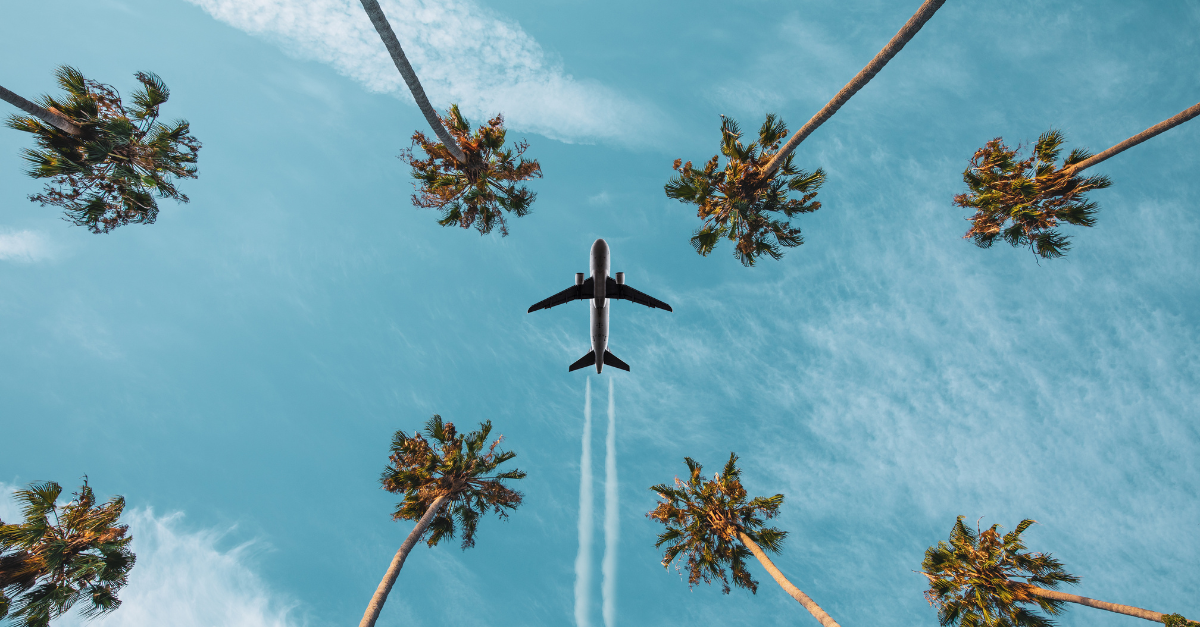Despite widespread speculation that new rules would be implemented in 2025, the wait continues for final amendments to Canada’s Air Passenger Protection Regulations (APPR). Although consultations on the proposed changes concluded more than a year ago, the Canadian Transportation Agency (CTA) has not indicated when finalized regulations may be released. Once the final regulations eventually land, the amendments are expected to have a significant impact on the Canadian air travel industry and substantially reshape the obligations of Canadian air carriers.
Legislative History
Canada’s APPR first came into force in December 2019 to establish a framework for passenger rights relating to flight cancellations, delays, compensation, and other standards or communications between airlines and passengers. Changes to the refund requirements in the regulations were enacted on September 8, 2022.
In June 2023, Parliament passed further amendments to the Canada Transportation Act as part of the Budget Implementation Act, 2023, No. 1, giving the CTA authority to update and rework the APPR. Draft amendments were published in the Canada Gazette, Part I on December 21, 2024, initiating a round of public consultations. Those consultations have since concluded, but to date, no further timeline for the finalized regulations has been communicated.
Proposed Changes at a Glance
The proposed regulations aim to provide greater clarity and predictability for passengers, while aligning Canada’s regime more closely with international standards (notably the European Union). Key proposals include:
Mandatory Compensation for Flight Disruptions
- The current three categories of disruptions (within control, within control but required for safety, and outside of control) would be eliminated.
- Airlines would be required to compensate passengers for delays of over three hours and provide standards of treatment, regardless of the cause of disruption.
- Exemptions would apply only in “exceptional circumstances.”
Narrower “Exceptional Circumstances” Exemption
- The amended regulations would create a presumption that a delay, cancellation, or denial of boarding is within the carrier’s control.
- Airlines would bear the burden of proving exceptional circumstances, with the burden of proof shifted to airlines to demonstrate when such exceptions apply.
Increased Obligations for Standards of Treatment and Communications
- Airlines would have greater and more specific obligations to provide assistance to passengers affected by delays and cancellations (e.g., food, water, and accommodations).
- Obligations would begin after a two-hour delay unless the passenger was notified at least 12 hours before departure.
- Airlines would also be required to proactively communicate entitlements using the passenger’s preferred method (email, text), specifying compensation, refund, and rebooking rights.
Refunds and Rebooking
- If rebooking within 48 hours is not possible, passengers would have the choice between alternate travel or a refund, regardless of the reason for the disruption.
- Refund entitlements would also apply where government travel advisories disrupt travel.
Baggage Protection
- Airlines would be required to compensate for lost or damaged baggage on domestic flights and refund any associated fees.
Changes to CTA Administration and Complaints Process
In addition to revising passenger entitlements, the proposed regulations also include changes providing increased administrative penalties, expanded enforcement powers for the CTA, and a complete redesign of how complaints will be handled.
Overhauled Complaints Process
Features of the proposed new complaints process include the following:
- Airlines would be required to establish an internal complaint-handling system and respond to passengers within 30 days.
- If unresolved, complaints may be escalated to the CTA.
- The CTA would assign a resolution officer to mediate, with unresolved complaints decided within 60 days.
- Published decisions would disclose flight details, control determinations, and compensation outcomes.
- It has also been proposed that airlines be charged a $790 fee per complaint, in situations where the carrier is found to be at fault.
Additional amendments would also require airlines to:
- Publish on their websites all tariffs in effect during the preceding three years (rather than just current tariffs as is presently required).
Higher Penalties and Enforcement
The proposed amendments would also significantly expand the CTA’s enforcement tools:
- Administrative monetary penalties would increase from $25,000 to $250,000 per violation.
- The CTA would have three years (instead of one) to issue notices of violation.
- The CTA could enter into compliance agreements with carriers, with penalties for breaches reaching $500,000.
- CTA members would have authority to publish binding interpretations of the Regulations, ensuring consistency and timely guidance.
Potential Impacts on Air Carriers
If implemented as drafted, the amendments could create substantial new costs and operational complexity for Canadian airlines. Carriers would face higher compensation obligations, more stringent requirements for passenger communications, and the prospect of increased exposure to complaints. The narrowing of the “exceptional circumstances” exemption is expected to be particularly challenging.
Industry stakeholders have cautioned that the measures may have unintended consequences relating to reduced service, and disproportionate impacts on regional and carriers. Concerns have also been raised that airlines may be penalized for necessary safety-related decisions.
Outlook
Although consultations concluded in early 2025, the CTA has stated that there is no timeline for release of the final amended regulations. However, although the timeline remains uncertain, a slow and well-thought-out approach may be just what is needed. The CTA has emphasized the importance of thorough consultation, and this will be important given the potentially sweeping consequences for airlines, passengers, and Canada’s broader aviation sector. Finalized regulations are not expected before 2026.
For more information please contact Diana Klassen or a member of our Aviation Practice Group.



